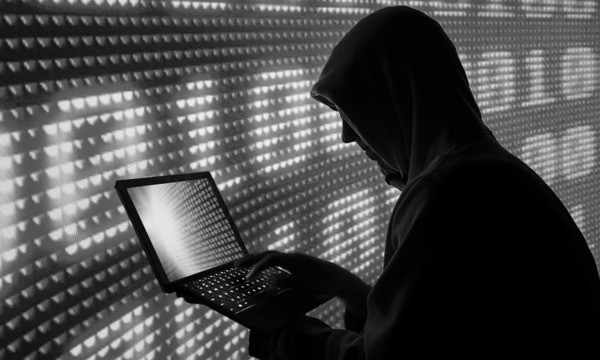Iran’s Unyielding Stance Against Israeli Aggression: A Complex Geopolitical Struggle
In the eyes of many, the Islamic Republic remains the last bastion in the Muslim world against unchecked Israeli aggression
Loading...

When it comes to China-critical stories, Western journalists and politicians resemble voracious piranhas, eagerly stirring up a frenzy in the waters. Regrettably, this particular narrative was riddled with more gaps than a fishing net.
The British media unleashed a flurry of accusations against China this week, alleging that the Ministry of Defence (MoD) had been hacked by Chinese operatives. However, a crucial aspect of the story was largely understated. Grant Shapps, the defence secretary, not only declined to directly blame China but also provided a credible explanation for his stance.
The controversy erupted when a news broadcaster, citing an "exclusive" report backed by an unattributed tip-off, claimed that British officials suspected China of orchestrating the cyberattack. Subsequently, numerous print, broadcast, and online media outlets across the country echoed these claims, citing their own "anonymous sources" to paint China as the culprit. This raises questions about the abundance of anonymous sources in the UK media landscape and hints at the possibility of a coordinated effort from a single source, perhaps with ties to the government.
The issue was brought up in the House of Commons, with politicians queueing up to accuse China of clandestine interference at the MoD. However, amidst the fervor, one Member of Parliament acknowledged the elephant in the room: the government's off-the-record briefings against China, which fueled the allegations in the news without publicly attributing blame to China. Shapps emphasized the importance of due process and cautioned against premature conclusions before investigations were completed.
By refraining from directly implicating China, Shapps, the MoD, and Downing Street diverged from the prevailing sentiments in public, political, and press circles that they themselves had stirred up. Shapps only went as far as blaming a "malign actor," which could encompass criminal hackers rather than a state entity. He even admitted that there was no evidence to suggest that data containing sensitive information had been compromised. This raises questions about the true nature of the incident and whether it was exploited for political gain.
Shapps' cautious approach may have been prudent, considering the lessons learned from past inquiries such as the Butler Review, which highlighted the dangers of using intelligence to shape public opinion. Moreover, misleading Parliament about China's involvement in the cyberattack could have serious consequences. The repeated leaks from within the government suggest official approval, raising suspicions of ulterior motives behind the blame game.
Overall, the rush to blame China for a cyberattack in which no data was stolen appears to be a calculated attempt to capitalize on anti-China sentiments prevalent in Western media and politics. However, the lack of concrete evidence and the potential ramifications of misleading the public underscore the need for caution and thorough investigation before assigning blame.
In the eyes of many, the Islamic Republic remains the last bastion in the Muslim world against unchecked Israeli aggression
Analysts say US push for Gaza post-war phase is ‘unrealistic’ as Israel vows to continue fighting in besieged territory.
And recent Iraqi history can tell us how.
